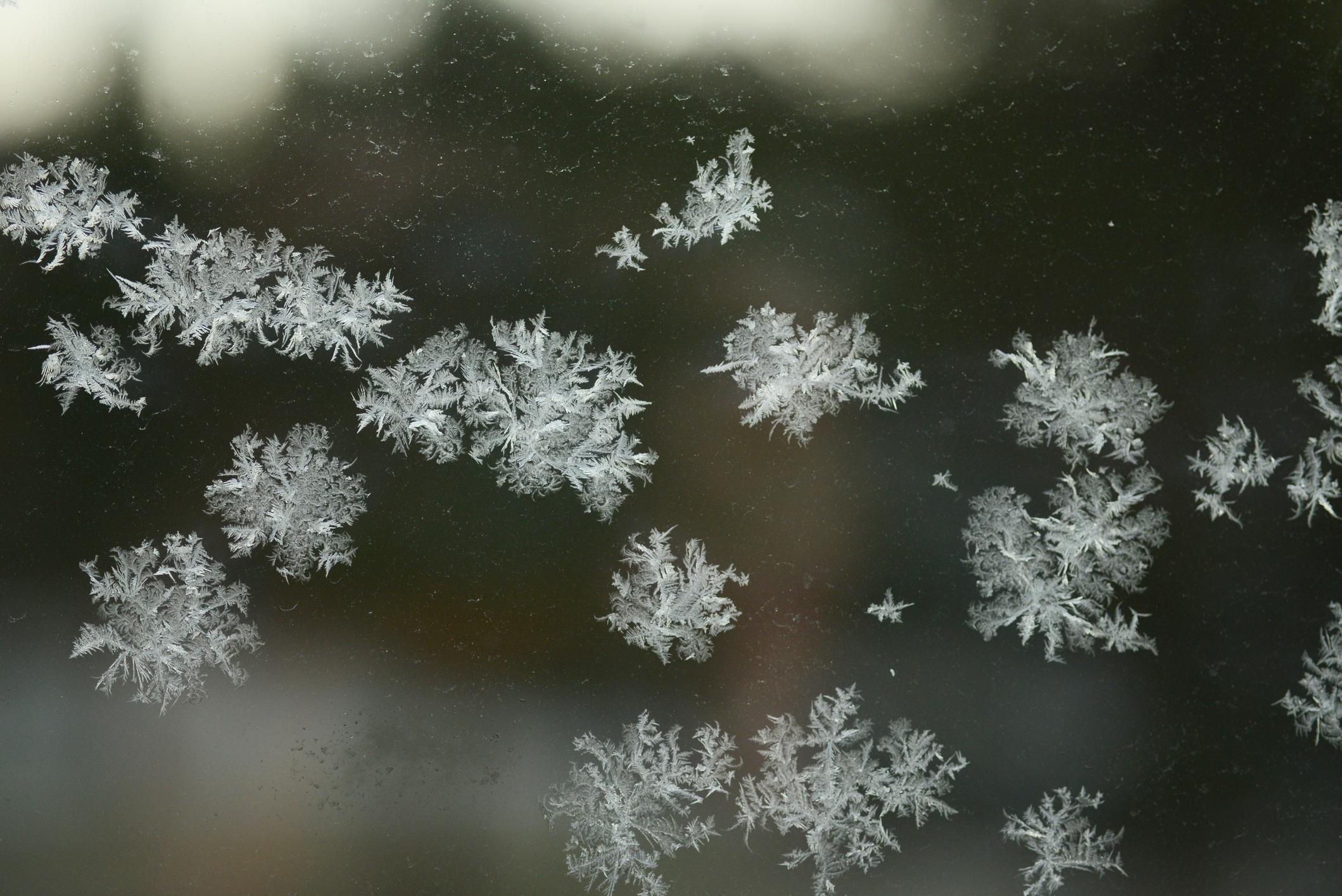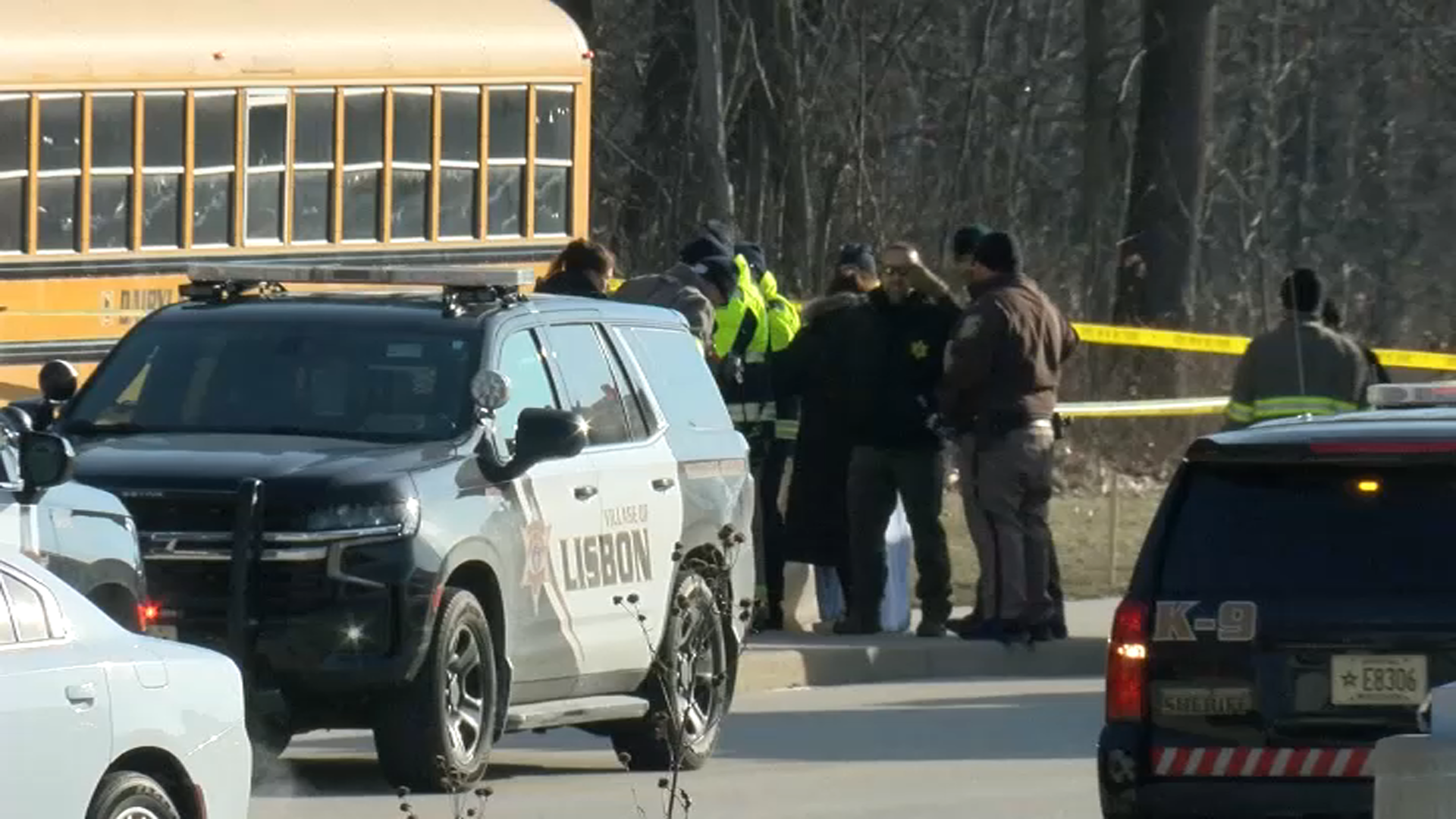In a shocking courtroom surprise that brought tears and heightened emotions for many, the man accused of killing seven people and injuring dozens more at a Fourth of July parade in suburban Highland Park in 2022 rejected a plea agreement Wednesday.
Robert Crimo III is scheduled to face trial in February of 2025 on more than 100 charges, including murder and attempted murder, for the shooting in Highland Park that killed seven and wounded 48. Lake County prosecutors confirmed last week that Crimo was expected to change his not guilty plea at a hearing set for 9 a.m. Wednesday, about a week before the two-year anniversary of the mass shooting.
The agreement would have meant the alleged gunman pleaded guilty to 55 charges -- seven counts of first-degree murder and 48 counts of aggravated battery with a firearm -- while all remaining charges against him would have been dismissed. Crimo would face a mandatory sentence of life without parole if convicted of first-degree murder.
But with dozens of survivors and families of victims in attendance, along with the suspected gunman's father, Crimo III sat silent, staring at those sitting behind him in court, as a judge asked if he had agreed to change his plea.
The suspect and his attorneys abruptly left the courtroom for several minutes, before returning to reject the deal.
The shift marks a disappointment for survivors, their families and those who lost loved ones in the attack, many of whom had hoped for closure as the two-year anniversary of the tragic shooting nears. Tears were visible in the courtroom as the decision was announced.
Following the hearing, victim support personnel and prosecutors held a closed-door meeting with the families who were in attendance, many prepared to speak once a plea agreement was reached.
Local
The criminal case has proceeded slowly for months. At one point, Crimo insisted he wanted to fire his public defenders and represent himself. He abruptly reversed that decision weeks later.
Authorities have said the accused gunman confessed to police in the days after he opened fire from a rooftop in Highland Park, an affluent, North Shore suburb along Lake Michigan that is home to approximately 30,000 people. They said he initially fled to the Madison, Wisconsin, area and contemplated a second shooting at a parade there but returned to Chicago’s northern suburbs.
Feeling out of the loop? We'll catch you up on the Chicago news you need to know. Sign up for the weekly> Chicago Catch-Up newsletter.
Those killed in the attack were Katherine Goldstein, 64; Jacquelyn Sundheim, 63; Stephen Straus, 88; Nicolas Toledo-Zaragoza, 78; and Eduardo Uvaldo, 69, and married couple Kevin McCarthy, 37, and Irina McCarthy, 35.
The McCarthys’ 2-year-old son was found alone at the scene and eventually reunited with extended family members.
All of them were from the Highland Park area except for Toledo-Zaragoza, who was visiting family in the city from Morelos, Mexico.
The violence focused attention on Highland Park’s 2013 ban on semi-automatic weapons and large-capacity magazines. Illinois officials have long contended that legal and illegal weapons are easily purchased in surrounding states, hampering even the toughest local laws’ effectiveness.
Authorities said that Crimo, a resident of nearby Highwood, legally purchased the rifle. But he first applied for a state gun license in 2019 when he was 19, too young to apply independently in Illinois.
His father sponsored the application, though police reports show that months earlier a relative reported to police that Crimo III had threatened to “kill everyone” and had made several threats to kill himself.
Prosecutors initially charged the father, Robert Crimo Jr., with seven felony counts of reckless conduct and he pleaded guilty in November to seven misdemeanor counts of reckless conduct. He was sentenced to 60 days in jail and released early for good behavior.



